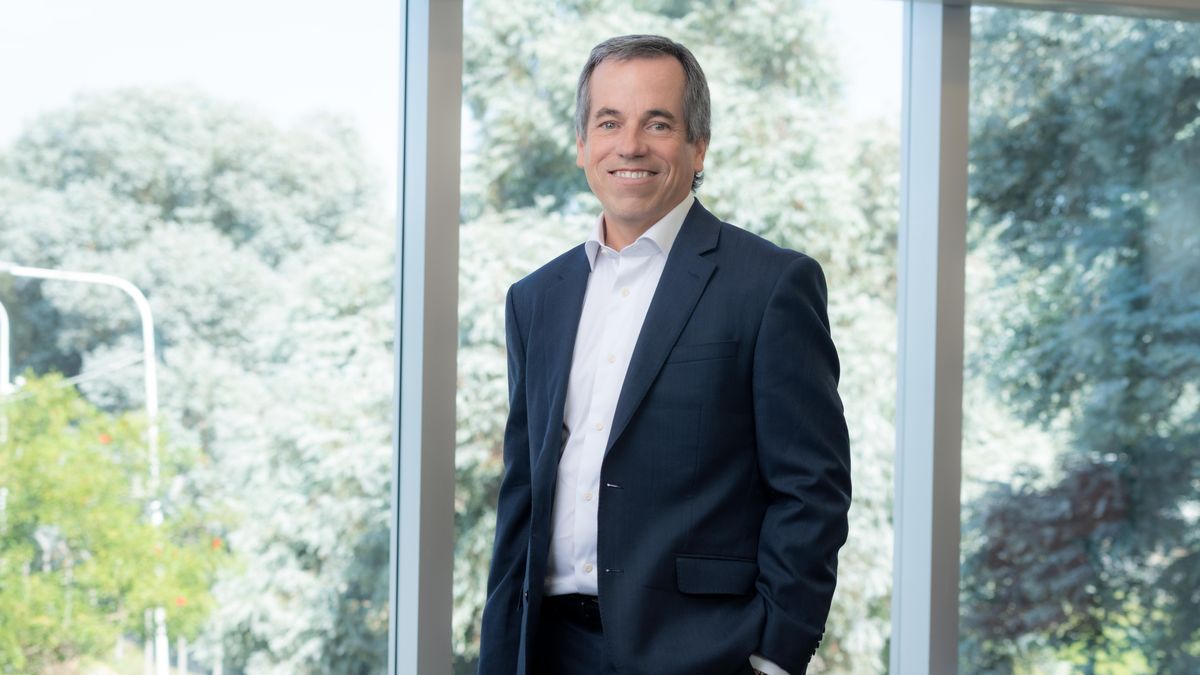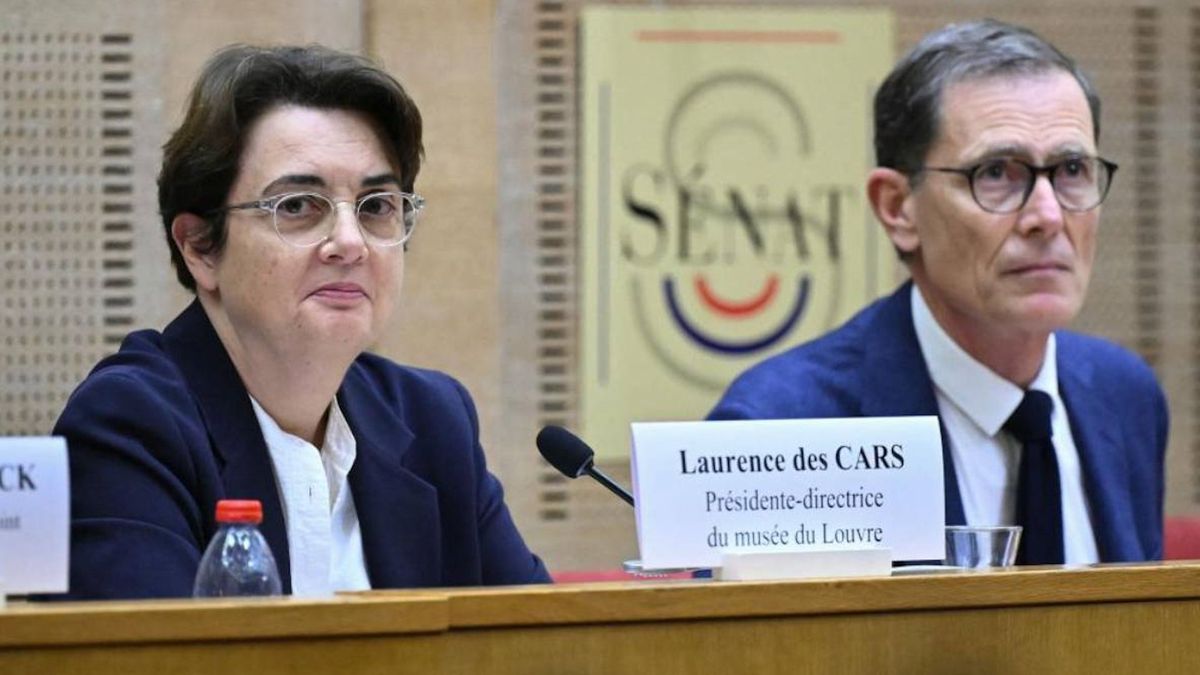The sector is in a transition stage: although the industry shows growth, it also faces challenges linked to access to financing, tax pressure and the need to move towards electrification. In this context, Salinas highlighted the importance of a stable macroeconomic framework and predictable policies that favor investment in the country.
Journalist:How do you see the current economic context of the country and how is it impacting the automotive industry?
Gustavo Salinas: Argentina has been going through a process of organizing its macroeconomy that is absolutely necessary, especially for business development, where we have long-term investment and where the economic order is essential for that. This poses new challenges going forward so that this order is accompanied by a growth process of the Argentine economy that enhances the level of investments and employment in the future.
Q: What impact does the current dollar have on the sector?
GS: In the case of Toyota Argentinawhere we always have a long-term view of our project in the country, and which also relates to long-term investments for which we make decisions, the exchange rate situation is not one of the variables that we manage in that decision-making process.
Of course, it transcends day-to-day management, but in these long-term investments what is essential is that macroeconomic ordering that I mentioned before: clear rules, predictability and, of course, good management of all the Argentine institutions that have to accompany these investments. We just said that in this sequence of stages that Argentina has to go through for its progress, one of them has to be accompanied by the structural reforms that have been talked about, which are the ones that have to enable a higher level of investment.
Q: Precisely, a central topic at the IDEA Colloquium was that of tax pressure. How much do cars pay today and what reforms do you think are necessary for the industry?
GS: Tax reform is one of the most important. Today, in the specific case of the automotive industrythe vehicles that are marketed within Argentina have a tax burden of approximately 50% above their cost, and the export vehicles as well, vehicles that we produce in Argentina and that we are exporting, carry approximately 13% taxes, something that practically does not happen in any other market in the world. That is part of those structural reforms that have to accompany this Argentine growth process.
Q: What role do credits play in the automotive sector today?
GS: Credit and financing is basically an essential component in everything that is the development of durable goods, among them, automotive industry. Credit has been accompanying the growth of the industry, which this year is going to grow by 50% compared to the previous year and, of course, we hope that this will continue to be the case, because compared to other countries in the world, we are still far from the financed sale that we should have. But, this macroeconomic order and an Argentina, in some way, growing, should also be accompanied by a financial system that helps this development.
Q: What are Toyota’s plans for 2026?
GS: We have the launch of the Yaris Cross at the beginning of 2026. It is a vehicle that we have planned for the end of the year, but that we will be presenting at the beginning of the year. And, of course, continue working for what are long-term investments. The industry has a great challenge, which is electrification from now on. And we have to work, basically, updating our plants and our products.
Q: In this regard, how is the electric car market in Argentina and in the world?
GS: Worldwide, there is a development of everything that has to do with electrification. Which are not just electric vehicles: they are hybrid vehicles, vehicles with plug-in hybrid technology as well.
Increasingly, government regulations are requiring vehicles that are or generate lower levels of polluting gas emissions. So, all this technology has to accompany the engines of our vehicles from now on. And, of course, not only those that are used in our country, but those that are exported from Argentina as well. That is one of the challenges that the industry has as an investment for the coming years.
Source: Ambito
I’m a recent graduate of the University of Missouri with a degree in journalism. I started working as a news reporter for 24 Hours World about two years ago, and I’ve been writing articles ever since. My main focus is automotive news, but I’ve also written about politics, lifestyle, and entertainment.




